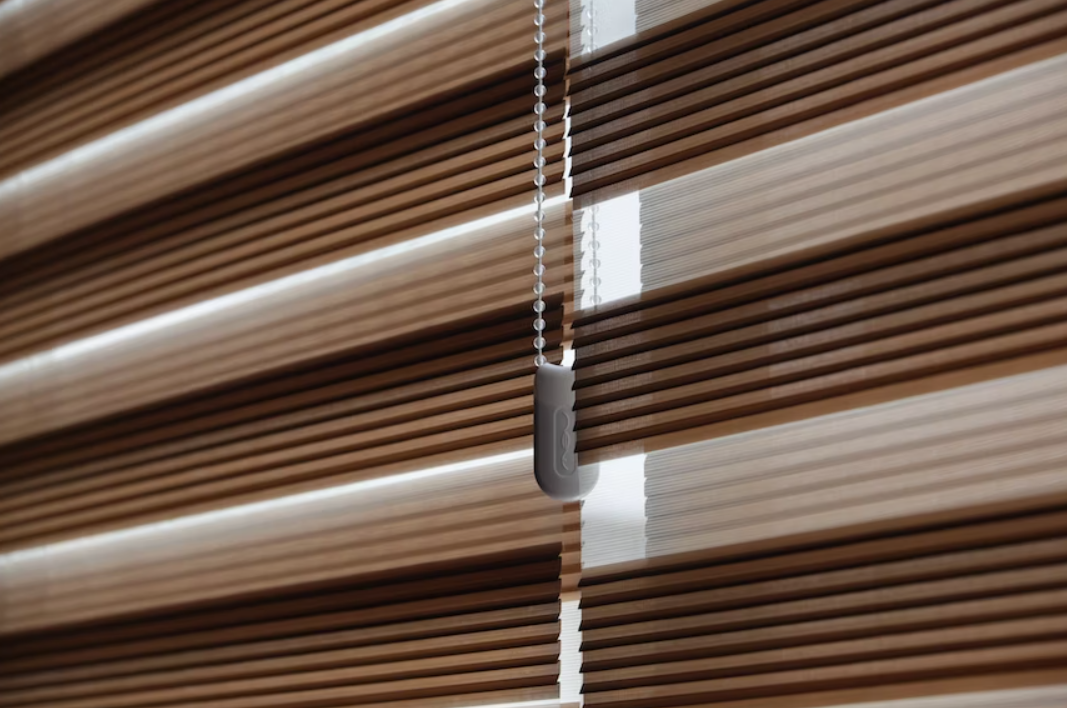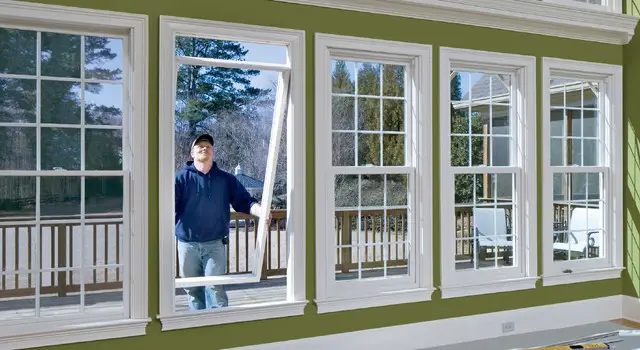Whether you’re renovating the whole house or simply replacing worn carpet in a single room, you’re going to have to choose a material. There is a plethora of styles to choose from, including wool, cotton, nylon, and more. But people are increasingly turning to nylon for durability and value for money.
Nylon was invented in the mid 1930s, though it took some time to be used commercially. Starting out as a component in women’s stockings, fishing twine, and toothbrushes, DuPont created its first nylon carpeting in around 1955. Below, we look at what makes nylon carpet a good choice for your home, or even a commercial office.
What Are the Advantages of Nylon Carpet?
One of the biggest advantages of nylon carpet is its durability. Recarpeting can get expensive, so you want to know that the carpet you choose is going to last. Fortunately, nylon has long been considered the gold standard of durable, synthetic carpets. Unlike other materials such as wool, it can ‘bounce back’ with ease, and it can also stretch without losing its shape. This makes it ideal for high-traffic areas, such as hallways, or in areas where you need to move furniture around often.
The days of a carpet becoming ruined from a wayward glass of red wine are gone, too. Nylon carpets are typically regarded as extremely stain-resistant to all kinds of spillages. Whether you’re entertaining guests at home or cleaning up after the kids, there’ll be less chance of seeing your carpet ruined by a little mess.
In terms of cleaning and maintenance, it is nylon carpets’ unique molecular structure that makes them a long-lasting and resilient choice. When you steam clean a nylon carpet, the heated vapors react with the hydrogen molecule contained within the material. This can help the carpet to bounce back after being flattened by heavy foot traffic.
Finally, your alternatives in the world of synthetic fibers include polyester and polypropylene. While these can be a cheaper option than nylon, both are prone to flattening, and the latter is flammable!
What Are the Disadvantages of Nylon Carpet?
Of course, as with anything, there are also drawbacks to nylon carpeting. Your average nylon carpet isn’t likely to be quite as soft as wool. That said, modern manufacturing methods mean that fibers can be produced in finer, thinner threads than have been used in the past. This can lead to a carpet in which the difference from wool or other natural materials is indiscernible.
One of the most frequently touted negatives of nylon is its cost, and this is indeed the most expensive synthetic fiber to manufacture. However, you have to balance this out against the many advantages above. Bear in mind that while the upfront investment may cost you more, you’ll have less need to replace the carpet as the years roll by.
Is Nylon Carpet Worth the Money?
This question really comes down to your personal preferences. If you’re looking for a budget option and don’t mind replacing your carpet in future, then nylon may not be the best choice. However, if you want to lay down soft flooring that’ll stand the test of time – and rambunctious kids – then nylon carpeting is a sound investment.
Bear in mind that while nylon carpet can cost more, many people make the mistake of choosing expensive tradespeople to help fit their new flooring. Choosing an experienced company doesn’t have to cost the Earth. The best carpet installers can help you achieve the perfect end result without breaking your budget.






